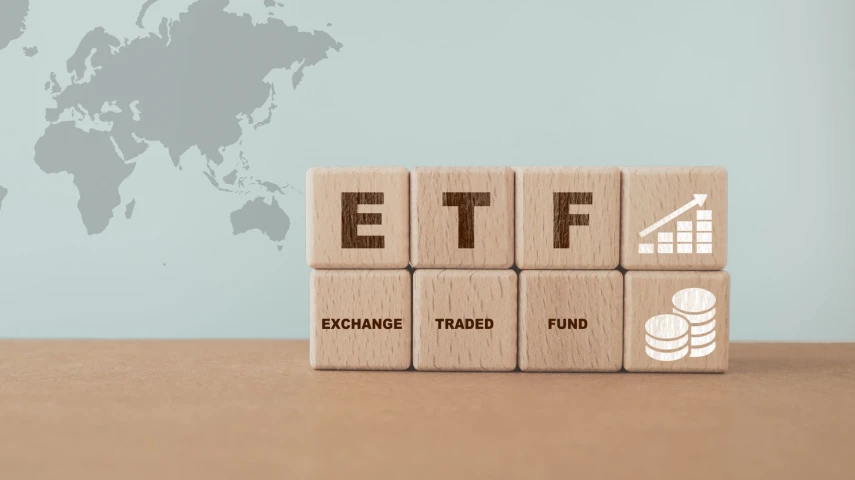ETFs gather highest monthly YTD inflows in May



The exchange-traded fund (ETF) industry reported the highest level of monthly inflows for the year so far during May.
Strong inflows and positive share market performance drove the Australian ETF industry to reach a “fresh new high” in May, according to Betashares.
Following April’s $1.7 billion market cap decline that broke the six-month growth streak, May saw a 1.7 per cent monthly rise of $3.3 billion. This brought total industry assets to $198.3 billion as it nears the $200 billion mark.
Industry net flows hit $2 billion for the month, marking the highest level of monthly inflows so far for 2024. The significant net flows accounted for approximately two-thirds of May’s growth, with the remainder coming from market appreciation.
In comparison, ETFs gathered positive yet muted net flows of $1.2 billion in April.
Breaking down the asset classes, international equities took the top spot yet again with net inflows of $939.7 million. Australian equities came in second position at $628.3 million, followed by fixed income at $455.4 million.
Global X dominated four out of five of the top-performing ETFs for the month. The Global X 21Shares Ethereum ETF came in first for the highest-performing product at 22 per cent.
It was confirmed in late May that the US Securities and Exchange Commission (SEC) had approved spot ethereum ETF applications, marking an important breakthrough for cryptocurrency.
“The SEC’s approval of spot ethereum ETFs is another significant milestone for cryptocurrency investing, reflecting growing accessibility and adoption of these digital assets in the US and worldwide,” Evan Metcalf, chief executive of Global X ETFs Australia, said at the time.
The Global X Hydrogen ETF was the second-highest performer at 19.1 per cent, followed by the Global X Physical Silver at 14.5 per cent and the Global X Ultra Long Nasdaq 100 Hedge Fund at 13.7 per cent.
In addition, seven new funds were launched during May. This included the Betashares Australian Major Bank Subordinated Debt ETF, Macquarie Asset Management’s two systematic active ETFs and Fidelity International’s four active ETFs.
Overall, the Australian ETF industry has grown by 34.5 per cent, or $50.9 billion, over the last 12 months.
Recommended for you
Clime Investment Management has welcomed an independent director to its board, which follows a series of recent appointments at the company.
Ethical investment manager Australian Ethical has cited the ongoing challenging market environment for its modest decrease in assets over the latest quarter.
Commentators have said Australian fund managers are less knowledgeable compared with overseas peers when it comes to expanding their range with ETFs and underestimating the competition from passive strategies.
VanEck is to list two ETFs on the ASX next week, one investing in residential mortgage-backed securities and the other in Indian companies.















